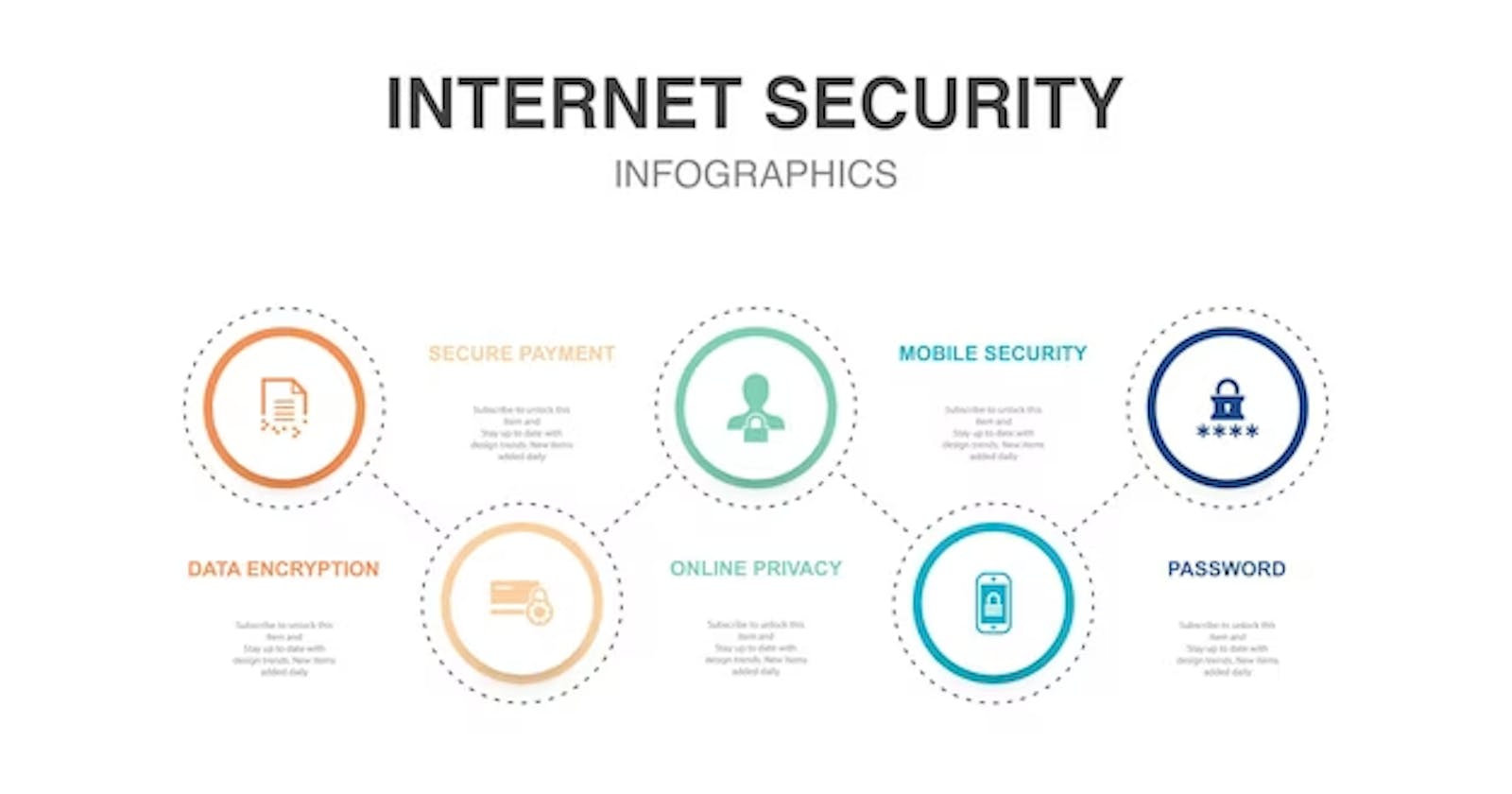Boosting Efficiency and Security: Harnessing the Benefits of Selfhosting for Mulesoft and Salesforce
In today's digital landscape, businesses are increasingly relying on cloud-based solutions for their data storage and management needs. However, there is a growing awareness of the potential limitations and risks associated with these cloud platforms. This has led many organizations to explore alternative options, such as self-hosting, to boost efficiency and security. In this article, we will delve into the benefits of self-hosting for Mulesoft and Salesforce, two popular platforms in the realm of data integration and customer relationship management.
Understanding the Benefits of Selfhosting for Mulesoft and Salesforce
Self-hosting refers to the practice of hosting applications and data on internal servers within an organization's own data center. By adopting a self-hosted approach, businesses gain more control and flexibility over their data infrastructure. For Mulesoft and Salesforce users, self-hosting offers several advantages. Firstly, selfhosting allows for seamless integration between Mulesoft and Salesforce, enabling smooth data transfer and synchronization. This integration is particularly valuable for organizations that heavily rely on these platforms to manage their customer data and streamline business processes.
Exploring the Limitations of Cloud-Based Solutions
While cloud-based solutions have gained popularity due to their ease of implementation and scalability, they also have their limitations. One of the primary concerns is data security. When data is stored on external servers, businesses are at the mercy of the cloud provider's security measures. This can be a significant risk, especially when dealing with sensitive customer information or proprietary data. By self-hosting Mulesoft and Salesforce, organizations can ensure that their data remains within their own secure data center, reducing the risk of unauthorized access and data breaches.
Another limitation of cloud-based solutions is performance. As more businesses migrate to the cloud, the shared resources of cloud servers can become strained, resulting in slower response times and reduced efficiency. Self-hosting allows organizations to allocate dedicated resources to their Mulesoft and Salesforce applications, optimizing performance and ensuring smooth operations.
The Advantages of Selfhosting for Data Security
Data security is a paramount concern for businesses in today's digital age. Storing sensitive data on external servers poses inherent risks, as businesses have limited control over the security protocols implemented by the cloud provider. Self-hosting Mulesoft and Salesforce address these concerns by enabling businesses to implement robust security measures within their own data center. This includes advanced encryption, access controls, and intrusion detection systems tailored to the specific needs of the organization. With self-hosting, businesses can have peace of mind knowing that their data is protected by their security infrastructure.
Furthermore, self-hosting also allows organizations to comply with industry-specific regulations and data protection laws more effectively. By having direct control over their data storage and security measures, businesses can ensure compliance with requirements such as the General Data Protection Regulation (GDPR) or the Health Insurance Portability and Accountability Act (HIPAA). This level of control and compliance is often a critical consideration for businesses operating in highly regulated industries.
Optimizing Performance with Selfhosting
In addition to enhanced security, self-hosting offers organizations the opportunity to optimize the performance of their Mulesoft and Salesforce applications. When hosted in a dedicated data center, businesses can allocate resources specifically for these platforms, ensuring high availability and fast response times. This is particularly beneficial for businesses that rely on real-time data integration and analysis, as any delays or performance issues can have a significant impact on their operations.
Self-hosting also enables businesses to customize their infrastructure to suit their unique requirements. By tailoring the hardware, network configurations, and software stack to their specific needs, organizations can achieve optimal performance and scalability. With self-hosting, businesses have the flexibility to scale their infrastructure as their data and user base grow, ensuring consistent performance and user satisfaction.
Evaluating the Cost-Effectiveness of Selfhosting
When considering any technology investment, cost-effectiveness is a crucial factor. While cloud-based solutions may seem more cost-effective initially due to their pay-as-you-go model, the long-term costs can escalate as data storage and usage increase. Self-hosting, on the other hand, allows businesses to have more predictable costs and better control over their infrastructure expenses.
By self-hosting Mulesoft and Salesforce, businesses can avoid the recurring costs associated with cloud-based services, such as monthly subscription fees and data transfer charges. Instead, organizations can invest in their own infrastructure and hardware, which may have a higher upfront cost but can lead to long-term savings. Additionally, self-hosting provides businesses with the flexibility to scale their infrastructure as needed without incurring additional costs or being limited by the pricing structures of cloud providers.
How Selfhosting Enhances Control and Customization
One of the key advantages of self-hosting Mulesoft and Salesforce is the level of control and customization it offers to organizations. Cloud-based solutions often have limitations in terms of customization, forcing businesses to adapt their processes and workflows to fit within the confines of the platform. With self-hosting, businesses have the freedom to tailor their data integration and customer relationship management systems to their specific requirements.
Self-hosting allows organizations to choose the hardware and software components that best suit their needs, ensuring compatibility and optimal performance. This level of control extends to the implementation of security measures, allowing businesses to take a proactive approach to safeguarding their data. Additionally, self-hosting enables easier integration with other internal systems and applications, further enhancing efficiency and productivity.
Migrating from the Cloud to a Selfhosted Environment
Migrating from a cloud-based environment to a self-hosted infrastructure requires careful planning and execution. It is essential to ensure a smooth transition while minimizing downtime and data loss. The first step in the migration process is to assess the existing infrastructure and identify the necessary hardware and software requirements for self-hosting Mulesoft and Salesforce.
Next, organizations need to develop a comprehensive migration plan that includes data backup and transfer strategies, as well as a timeline for the migration process. It is crucial to involve all relevant stakeholders, including IT teams, data administrators, and end-users, to ensure a successful migration.
Once the migration is complete, thorough testing and quality assurance processes should be conducted to verify the functionality and performance of the self-hosted environment. This includes testing data integration, system compatibility, and security measures. By following best practices and involving experienced professionals, organizations can mitigate risks and maximize the benefits of self-hosting for Mulesoft and Salesforce.
Best Practices for Selfhosting Mulesoft and Salesforce
To fully harness the benefits of selfhosting for Mulesoft and Salesforce, organizations should follow best practices to ensure optimized performance, security, and reliability. Some key best practices include:
Regular maintenance and updates: Keep the self-hosted infrastructure up to date with the latest security patches, software updates, and firmware upgrades to address vulnerabilities and improve performance.
Implement redundancy and failover mechanisms: Ensure high availability and minimize downtime by setting up redundant servers and failover mechanisms. This ensures that even if one server fails, the applications and data remain accessible.
Monitor and optimize performance: Continuously monitor the performance of the self-hosted environment, including network bandwidth, server load, and response times. Implement optimization strategies to address any bottlenecks or performance issues that may arise.
Backup and disaster recovery: Regularly backup data and implement a robust disaster recovery plan to ensure business continuity in the event of a system failure or data loss. Test the backup and recovery processes periodically to verify their effectiveness.
Security measures: Implement comprehensive security measures, including strong access controls, encryption, and intrusion detection systems. Regularly audit and review security protocols to identify and address any potential vulnerabilities.
By following these best practices, organizations can maximize the efficiency, security, and reliability of their self-hosted Mulesoft and Salesforce environments.
Conclusion: Harnessing the Power of Selfhosting for Improved Efficiency and Security
In conclusion, self-hosting offers a range of benefits for organizations using Mulesoft and Salesforce. From enhanced data security and optimized performance to increased control and customization, self-hosting provides businesses with the flexibility and reliability they need in today's digital landscape.
By migrating from cloud-based solutions to a self-hosted environment, organizations can reduce their dependency on external providers and gain more control over their data infrastructure. However, it is crucial to carefully plan and execute the migration process, following best practices and involving experienced professionals.
By harnessing the power of self-hosting, businesses can boost efficiency, improve security, and achieve greater customization, ultimately empowering them to meet their data integration and customer relationship management needs more effectively.

